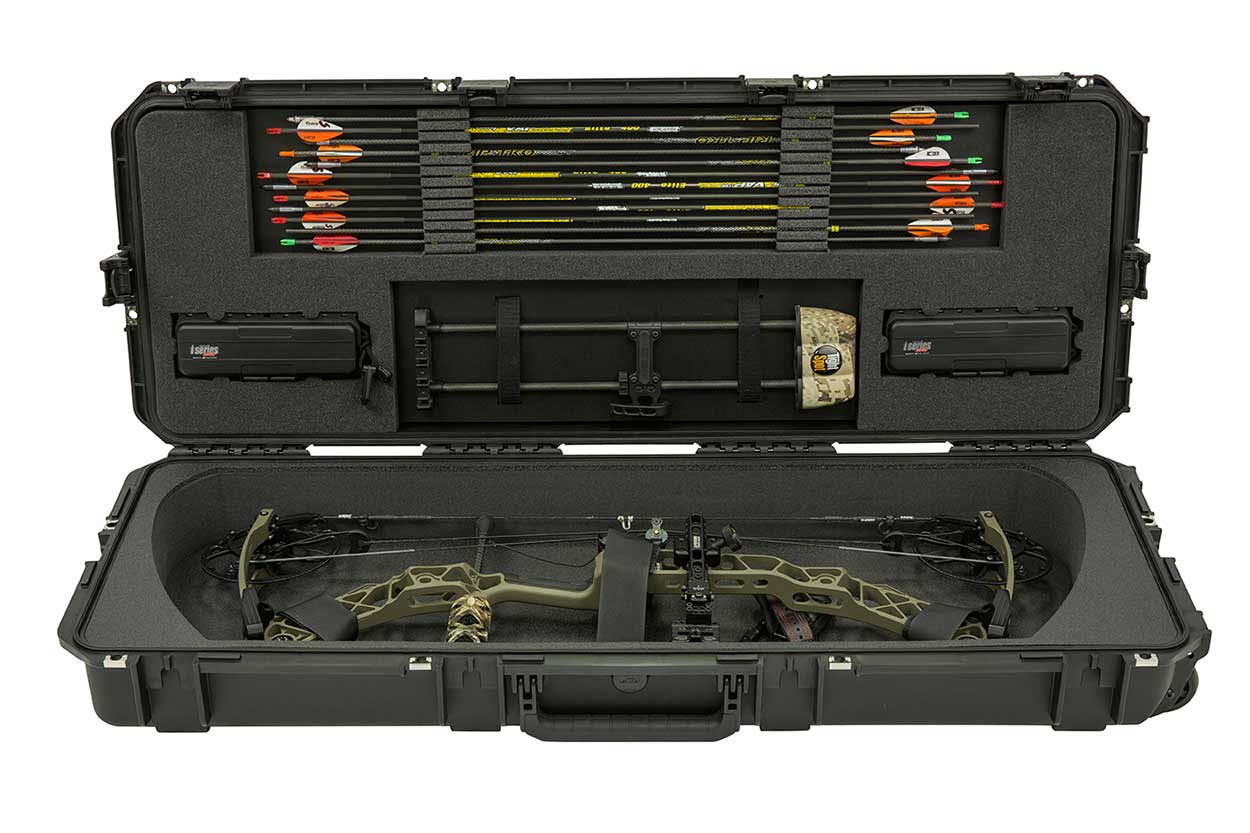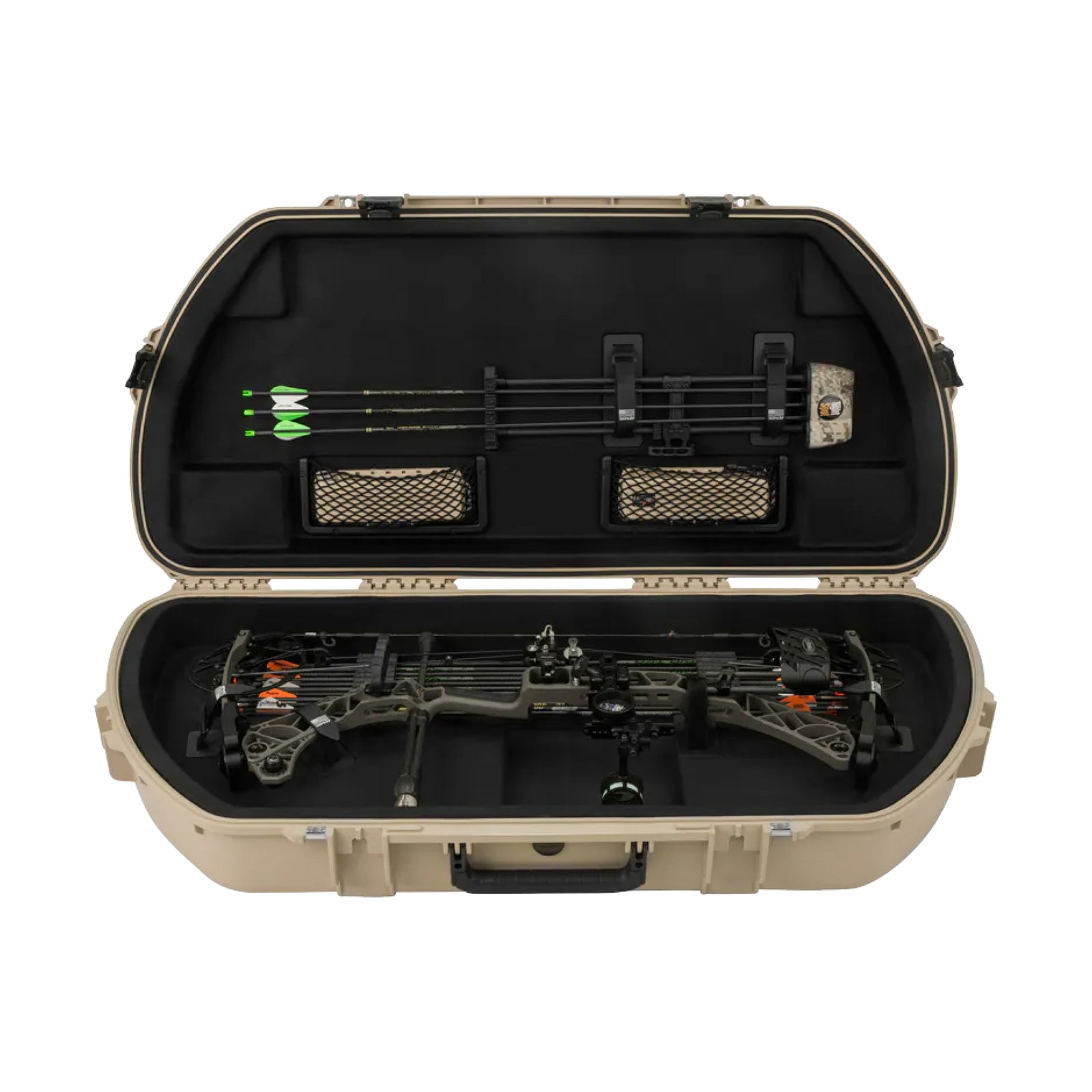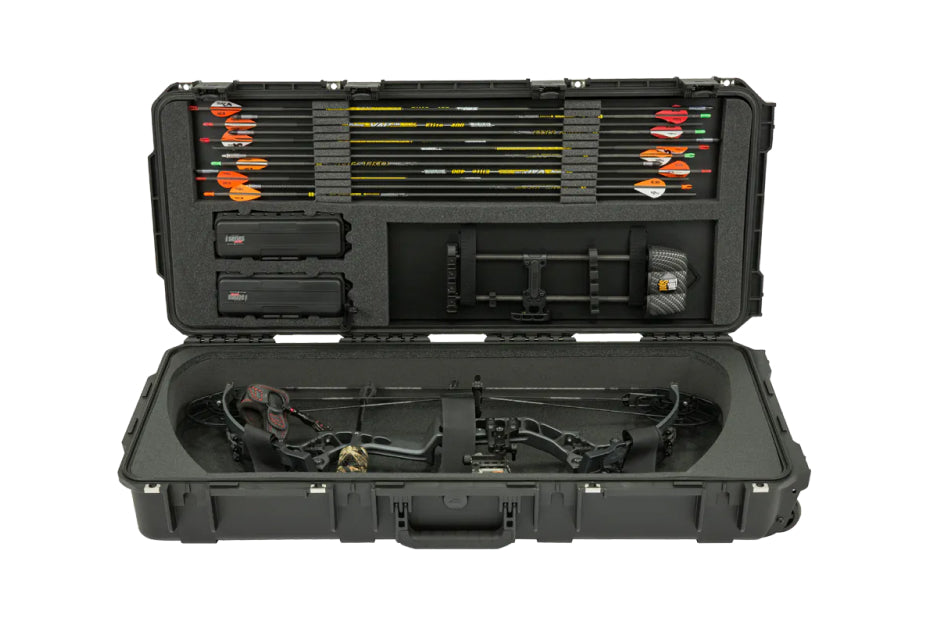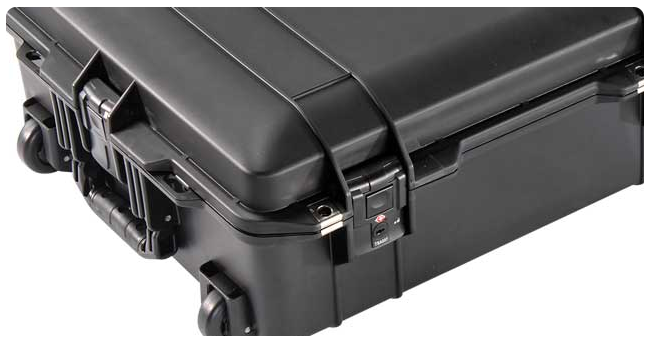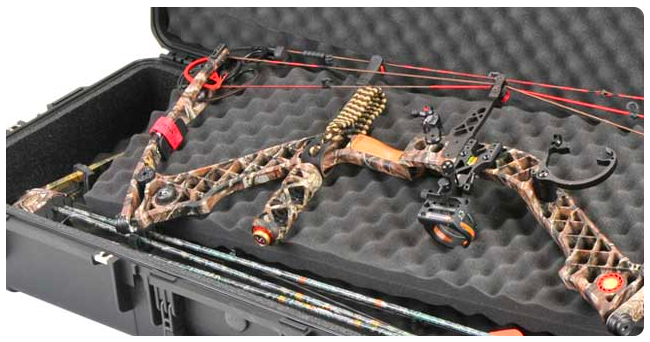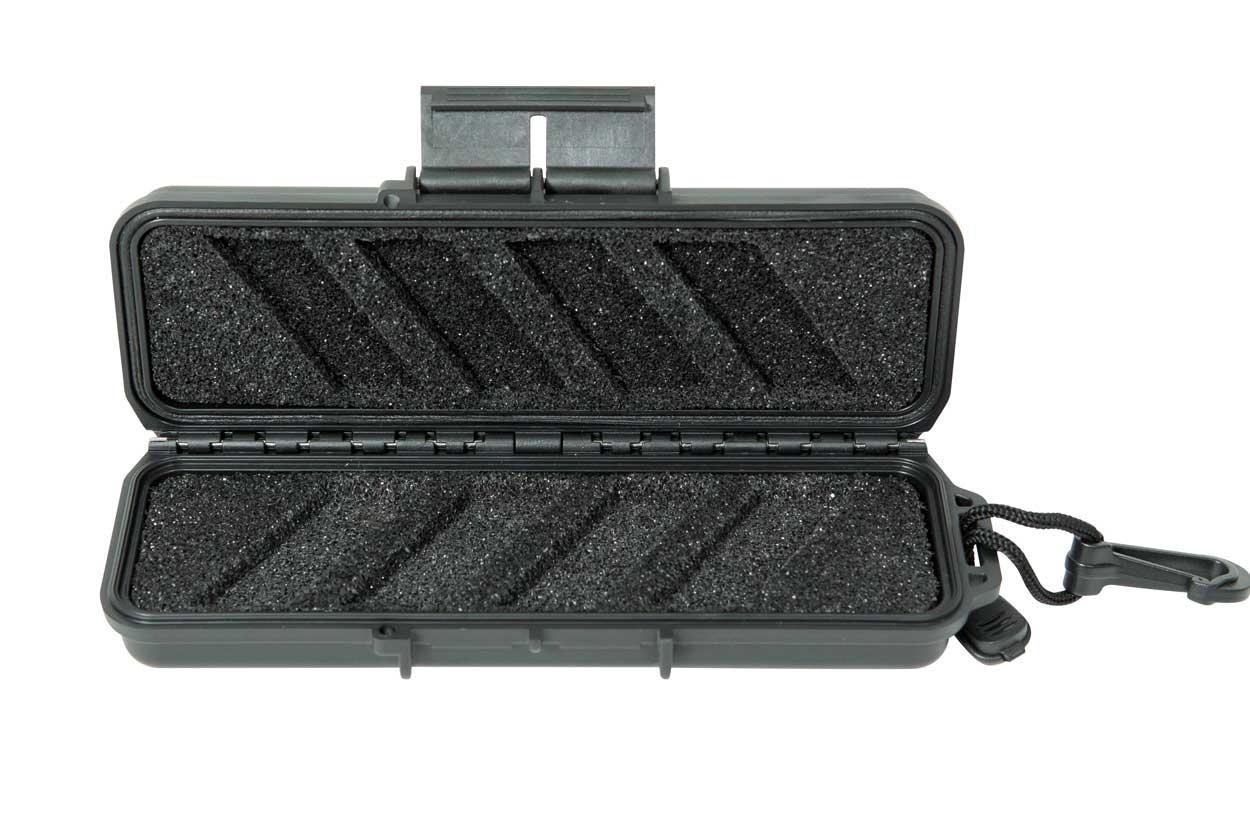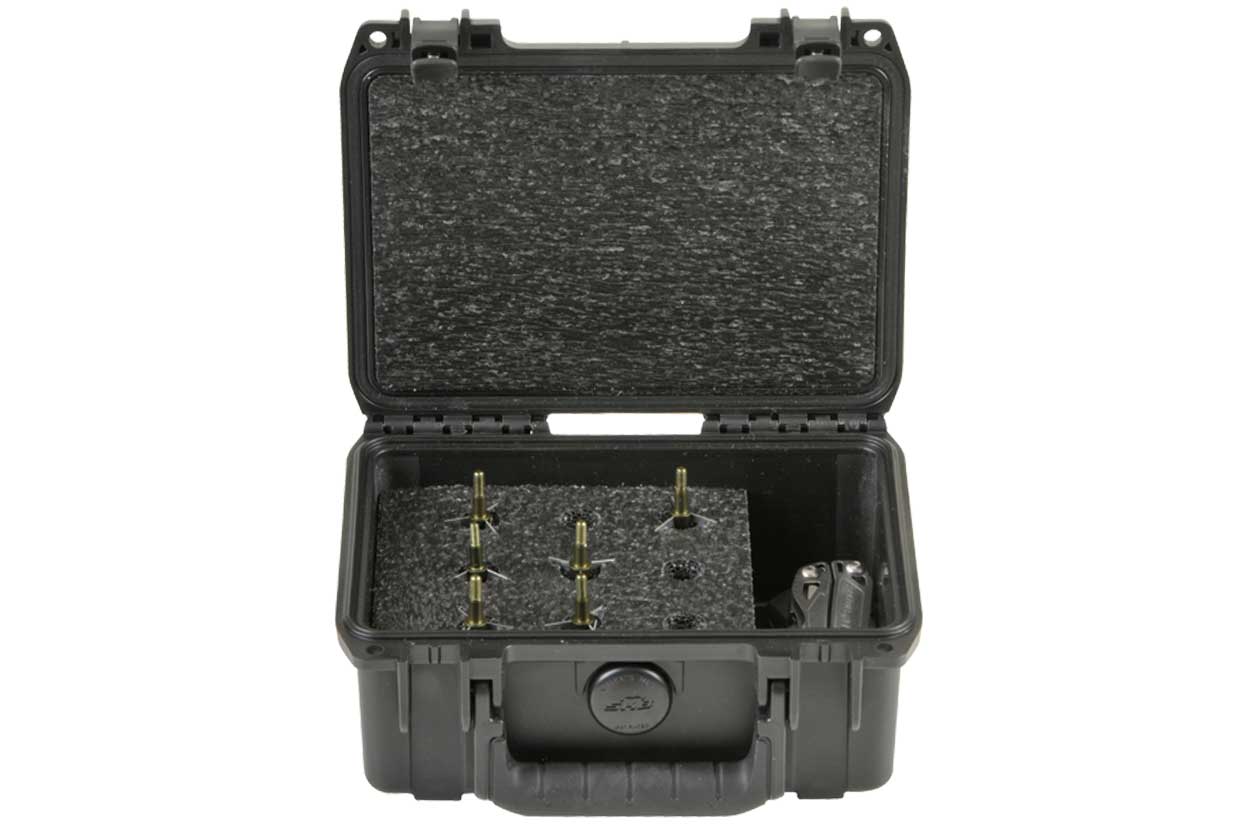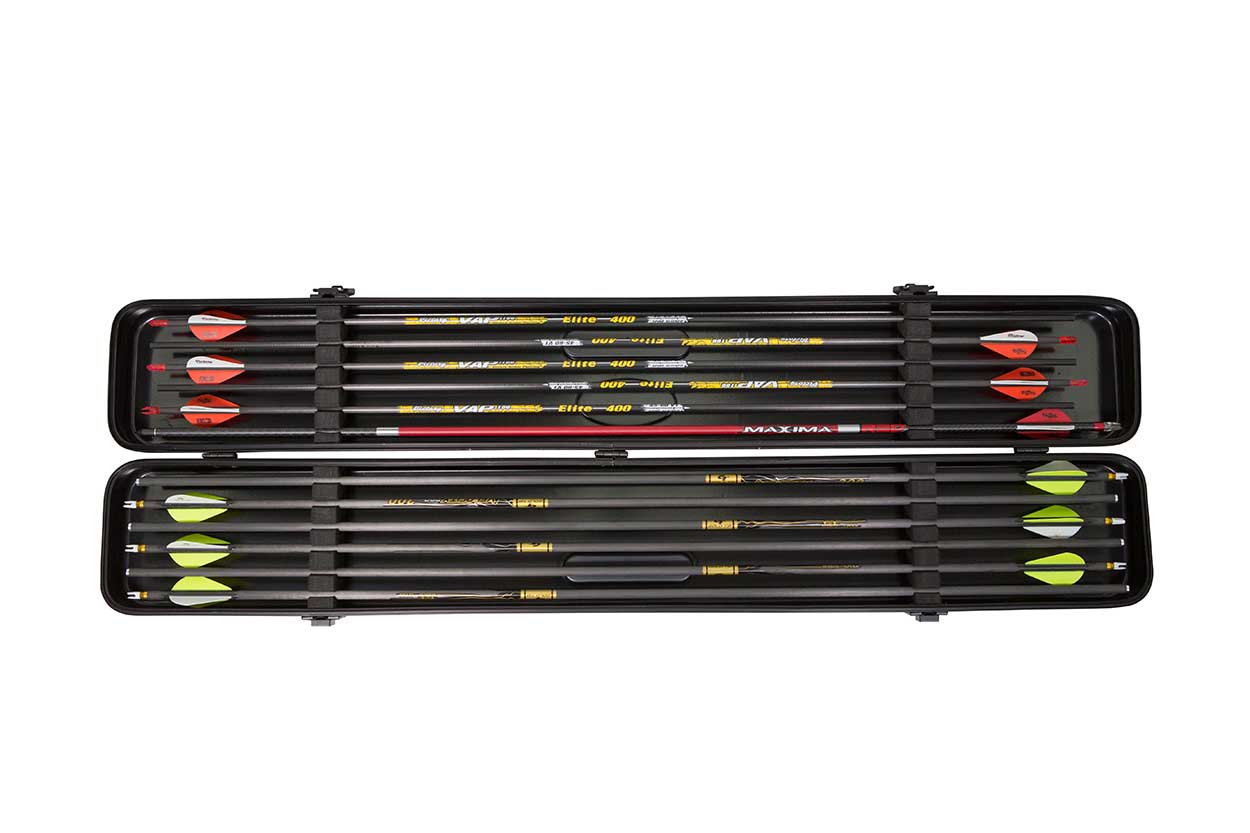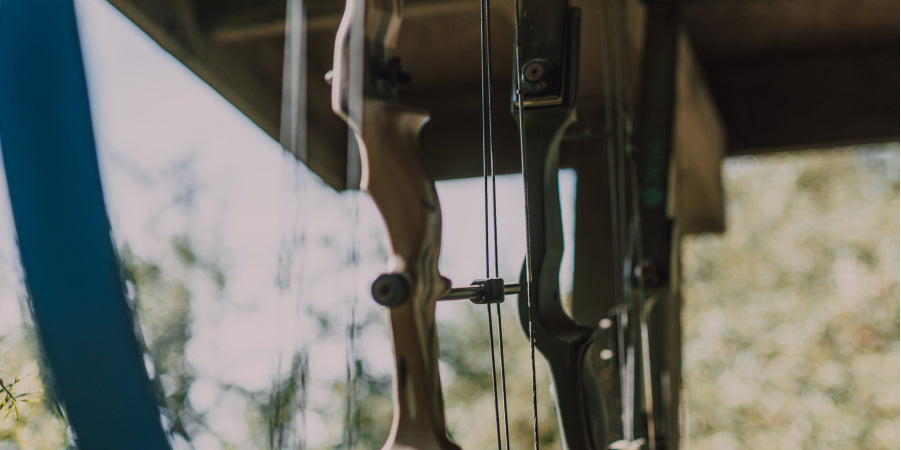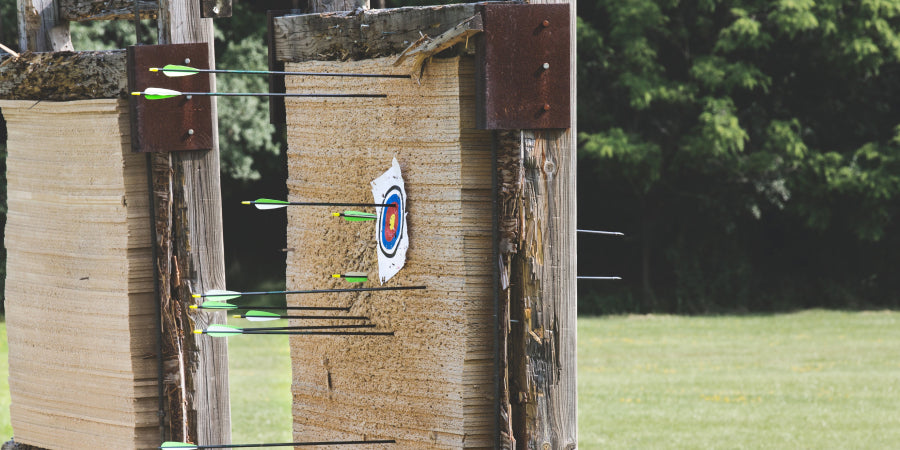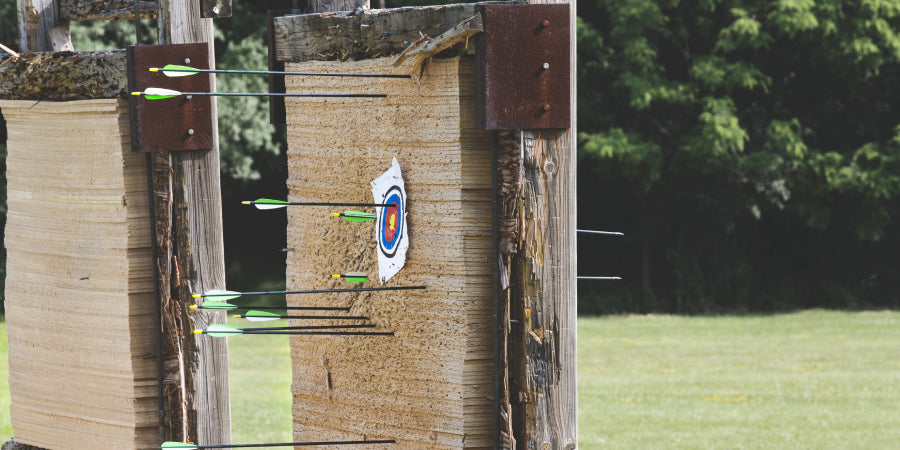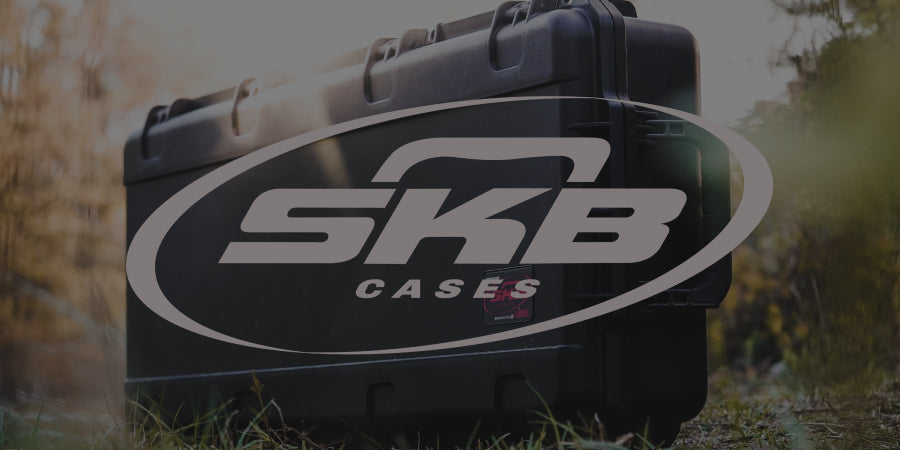Is a Compound Bow Considered a Firearm?
If you're an archer or bowhunter, then you've possibly heard the question before: "Is a compound bow considered a firearm?" In the United States, the Bureau of Alcohol, Tobacco, Firearms, and Explosives (ATF) does not consider a compound bow a firearm. In this blog post, we will discuss why a compound bow is not classified as a firearm by the ATF.
Definition of a Firearm
In order for something to be classified as a firearm by the ATF, it must meet certain criteria set out in their regulations. According to Section 478.11 of their regulations, “a firearm is defined as any weapon (including a starter gun) which will or is designed to or may readily be converted to expel a projectile by the action of an explosive; the frame or receiver of any such weapon; any firearm muffler or silencer; or any destructive device."
What is a Compound Bow?
A compound bow is a bow that uses a system of cams, pulleys, and cables to draw and hold greater poundage than traditional bows. It typically has adjustable draw weights which vary according to preferences and can be used for hunting or recreation.
Compound Bows vs Firearms
So what separates a compound bow from being classified as a firearm? In short, it’s because compound bows are powered by strings rather than explosives. When you pull back on the string of your bow, it creates tension that propels your arrow forward when released - no explosions necessary! This also means that there isn’t any combustion involved in propelling an arrow from your bow either, unlike with firearms where gunpowder combusts when fired and expels projectiles through its barrel.
Because a compound bow uses tension from strings to launch arrows, instead of an explosive force, it isn’t regulated in the same way as firearms. Even though a compound bow is not classified as a firearm, it is still wise to transport a compound bow in a case to prevent damage to the bow. With a hard shell construction, foam inserts, and generous warranty, SKB cases are a great option to protect your bow while traveling. For more Firearms questions and current regulations, you can check out the ATF's Q&A page. As always, happy hunting!

